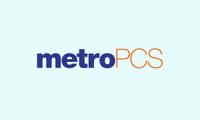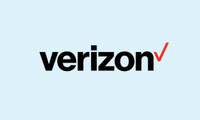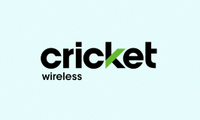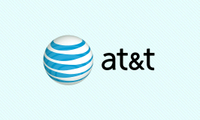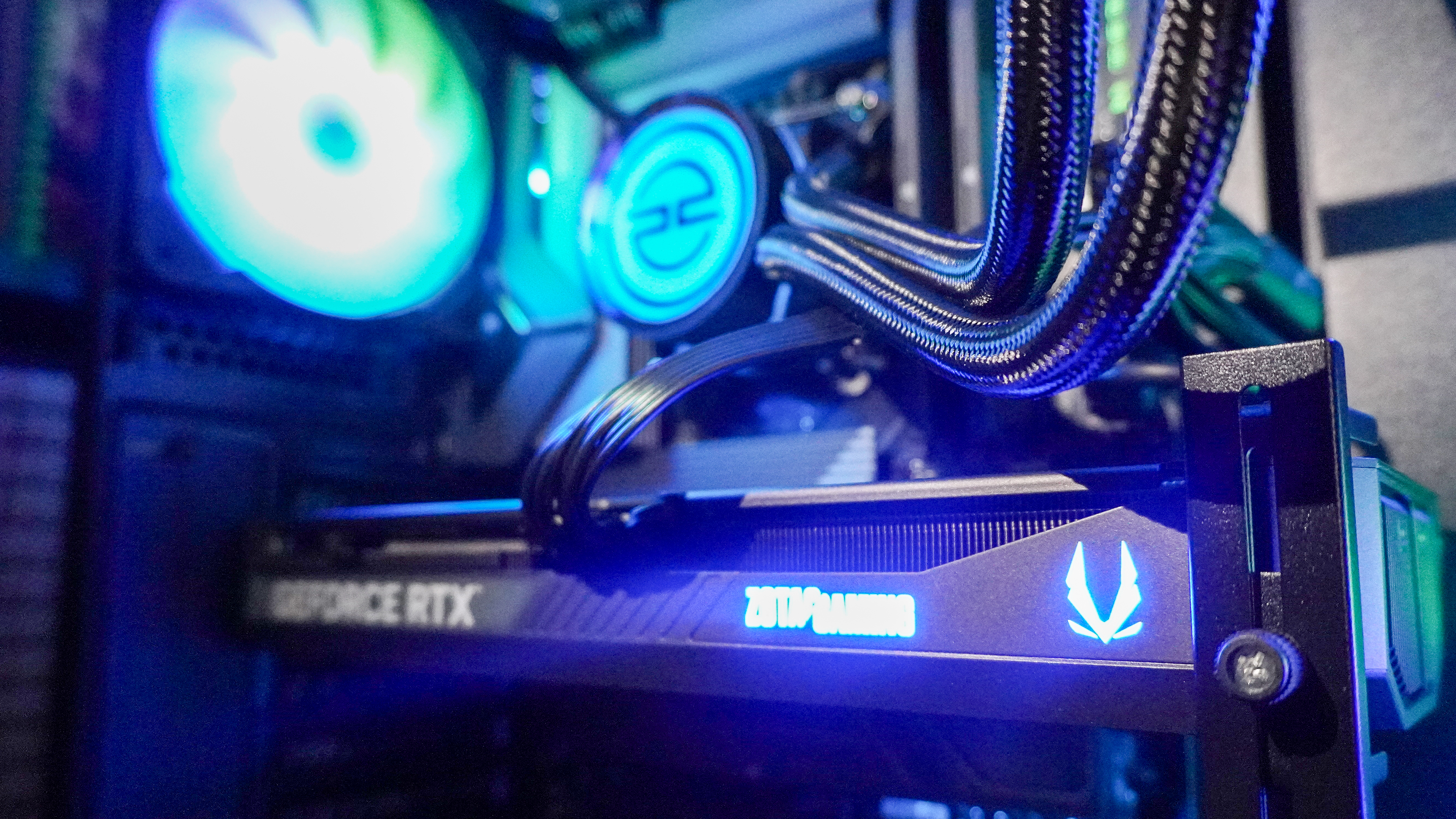Ranking the Cheapest Cellphone Plans
Here's a closer look at the best options if you're looking to save money on your monthly cellphone bill.
If you're looking to squeeze more money out of your household budget, a good place to start looking would be your cellphone bill. And turning to a low-cost plan from a prepaid carrier may be the easiest way to knock a few bucks off your monthly rate.

For individuals, we like plans from Boost, AT&T and MetroPCS, depending on whether you use just a little data, an average amount of data or demand unlimited data. AT&T offers the best value for families, thanks to escalating discounts on its multi-line no-contract plans, though Cricket's plan will save families of four even more money.
Why Go Prepaid
Consider the advantages of going prepaid. You avoid the access fees that a lot of carriers — namely Verizon and AT&T — tack onto the rates of their regular plans. You also gain the flexibility of not having a contract, so you can switch carriers more easily if you're dissatisfied with your service. A lot of carriers will also offer benefits when you enroll in their auto-payment programs, letting you lower your monthly bill even further.
You will have to give up a little to reap the lower monthly payments of a prepaid plan. Customer service isn't as extensive. And when we tested cellular networks in 2015, we found many prepaid carriers turned in slower speeds than the Big Four wireless providers, even though they were using the same network. (As of this writing, we're testing those same networks to see if that's still the case.) If your primary concern is a lower monthly bill, this may not be too big a sacrifice to make, though.
MORE: The Best and Worst Phone Carriers
Even better, prepaid carriers offer a wide range of plans to fit your budget. Here's how the leading no-contract plans stack up, categorized by the amount of LTE data your allotted each month. To keep this simple, we're ranking the top three options from five leading prepaid carriers — Boost, Cricket, MetroPCS, Straight Talk and Virgin — as well as the prepaid options available from AT&T, Sprint, T-Mobile and Verizon. If you need even more options, at the end, we'll list some other low-cost carriers along with starting prices for their plans.
Best Low Data Plan (2GB or Less)
1. Boost Mobile ($35 a month for 2GB of LTE Data)
While Sprint-owned Boost touts its unlimited data plans, it still offers the most attractive option for users who don't need a lot of data each month. Boost's 2GB plan offers twice the data of competitors for just $5 more each month. And if you enroll in auto-pay, you can knock that $5 off your monthly bill.
2. MetroPCS ($30 a month for 1GB of LTE Data)
T-Mobile-owned MetroPCS doesn't offer as much data as Boost, but it can boast a better network, at least according to our most recent tests. MetroPCS's data maximizer feature also lets you stream lower-resolution video to make that 1GB of data go further.
3. Verizon ($40 a month for 2GB of LTE Data)
It costs $10 more than Boost's 2GB option (assuming you're using autopay with Boost), but Verizon offers the best nationwide cellular network. You can also roll over unused data to the next month with Verizon and get unlimited texts from the U.S. to more than 200 countries.
Also available: Cricket's $30 1GB plan matches MetroPCS's 1GB offering, though its network performance wasn't as good in our testing. AT&T's low-data prepaid plan is actually a no-data offering. You'll pay $30 a month — autopay enrollment knocks that down to $25 — and you'll get unlimited talk and text. If you want data, you can add it in 250MB chunks for $5 each.
Best Standard Plan (2GB to 6GB)
1. AT&T ($45 a month for 6GB of Data)
It's not the cheapest plan in this tier of data — until you factor in AT&T's $5 monthly discount for enrolling in auto-pay. Then, you're getting double the data than you would with MetroPCS's $40 a month plan. And AT&T lets prepaid customers roll over unused data to the next month.
2. Metro PCS ($40 for 3GB of LTE Data)
MetroPCS is still a good choice here thanks to T-Mobile's strong network. In addition to the Data Maximizer feature for streaming video, MetroPCS's 3GB plan lets you stream music from 40-plus services without that counting against your monthly data allotment.
3. Virgin ($35 for 5GB of LTE Data)
It's hard to find more data for that amount of money. Like MetroPCS, Virgin also lets you stream music without hitting your data plan (though Virgin only supports six streaming services with this feature). The only thing holding Virgin back is the Sprint network it uses didn't perform as well in our testing. (Sprint owns Virgin.)
Also available: This tier of data offers the most options. Verizon's 5GB plan is fairly price at $50 per month, but this prepaid option includes rollover data. Straight Talk's 5GB plan is even pricier at $60 a month, but that option includes unlimited mobile-to-mobile calling to Mexico, Canada, China and India. Cricket's $5 autopay discount could come in handy if you need a lot of data; with autopay an 8GB data plan will run you $45 a month.
Best Unlimited Data Plan
1. MetroPCS ($60 a month)
MetroPCS doesn't have the cheapest offering for unlimited data — that would be Boost — but it does have the better network. And this $60 option doesn't throttle video and music streaming as Boost does, while also throwing in 8GB of hotspot data. You can save $10 a month on MetroPCS's unlimited offering if you don't mind restricting video streaming to 480p resolution and giving up that hotspot data, though.
2. Boost ($50 a month)
If you're looking to pay the lowest amount for an unlimited data plan, go with Boost. Just be aware that the carrier limits streaming video resolution to 480p, streaming music to 500kbps and streaming games to 2mbps.
3. Cricket ($70 a month)
This is the most expensive unlimited data plan among the prepaid options we looked at. But you can knock off $5 a month if you use auto-pay with Cricket.
Also available: Sprint and AT&T both have unlimited plans for prepaid customers, but they're not terribly attractive. Sprint's costs $60 a month — the same the carrier charges postpaid customers for unlimited data — and puts limits on video, music and gaming streaming. AT&T's $60 unlimited plan also restricts video streaming to 480p resolution and caps speeds at 3 Mbps.
Best Prepaid Plans for Families
1. AT&T ($145 a month for a family of four, 6GB per line)
AT&T's escalating discounts make it the top choice for families, particularly if you enroll in autopay (that knocks $5 off your first line) and need more than two lines. AT&T takes $5 off the first line you add, $10 off the third, and $15 off the fourth.
2. Cricket ($100 a month for a family of four, 3GB per line)
Since Cricket is owned by AT&T, it's no surprise that this carrier also offers escalating discounts when you add lines. Cricket's discounts are also steeper: it takes $10 off the second line, $20 off the third and $30 off the fourth. However, Cricket also performed worse than AT&T in our network test even though they use the same network.
3. Boost ($140 for a family of four, unlimited data)
Boost's discounts aren't as steep for families. After paying $50 for one line of unlimited data, you pay just $30 per line for additional line.
Also available: MetroPCS is the only other carrier among the ones we've looked at to offer discounts for multiple lines, but they're comparatively stingy. You save just $5 on each line when you go with a tiered MetroPCS data plan. For unlimited plans, MetroPCS knocks $10 off each additional line.
Other Carriers
While we've restricted ourselves to just nine carriers in this round-up, you have a multitude of other choices if you're on the hunt for cheap plans. Here are eight other carriers to consider, along with what you might expect to pay.
Consumer Cellular: A popular choice among seniors, Consumer Cellular lets you set the amount of talk minutes you need each month — pricing starts at $15 for 250 minutes of talk time — in addition to data and text. (300 texts and 30MB of data cost $2.50 a month.) So you can adjust your monthly bill depending on exactly how you use your phone.
MORE: Consumer Cellular Pricing
FreedomPop: FreedomPop, which now works on AT&T's network in addition to Sprint's, offers a free plan, but it's limited to 500MB of data, 200 minutes of talk, and 500 texts. A less restrictive option gives you 1GB of data each month on top of unlimited talk and text for $20.FreedomPop just added low-cost options for families to its offerings.
MORE: FreedomPop Pricing
PagePlus: This no-contract carrier works on Verizon's top-rated network, with plans starting as low as $12 a month for 250 minutes of talk, 250 texts and 10MB of data. If that feels a little restrictive, you might consider the $29.95 plan offering unlimited text, 1,500 talk minutes and 1GB of LTE data.
MORE: PagePlus Pricing
Project Fi: Google's wireless service stresses simplicity. You pay $20 each month for unlimited talk and text (additional lines cost $15 each) plus $10 per GB of data. You don't pay extra for data when you're traveling in 135-plus countries, and unused data gets credited to your account. You can only use Google phones, though — the Pixel, Nexus 6P and Nexus 5X.
MORE: Project Fi Pricing
Republic Wireless: Using Wi-Fi to handle talk and text when possible, Republic Wireless is able to offer plans starting at $15 a month. But at that rate, you can only access data over Wi-Fi. If you want cellular data, rates start at $20 a month for 1GB of data and climb to $60 for 6GB. When it's not using Wi-Fi, Republic taps the networks of Sprint and T-Mobile.
MORE: Republic Wireless Pricing
TextNow: Like Republic Wireless, TextNow uses Wi-Fi to handle text and phone calls when possible; the rest of the time, it uses Sprint's network. Plans start $13.99 a month for 100MB of 3G and 4G data. (Slower 2G data, like talk and text, is unlimited on all TextNow Plans.) A 3GB plan costs $39.99, though you'll get a $20 discount for the first month.
MORE: TextNow Pricing
Ting: With Ting, you pay for the talk, text, and data services you use, which can keep costs fairly low if a bit unpredictable on a month to month basis. You start by paying $6 for a line and then adding on for any calls you make (100 minutes costs $3), text messages you rack up ($3 for 100 texts) and data you consume. (Data rates star at $3 for 100MB, but a 1GB of data will cost you $16.) Ting says its customers pay an average of $23 a month.
MORE: Ting Pricing
US Mobile: Like Ting, you pay for what you use on US Mobile, starting with $2 per line. Prices start at $3 for 100 minutes, $2 for 100 texts and $2 for 100MB of data.
MORE: US Mobile Pricing
Sign up to get the BEST of Tom's Guide direct to your inbox.
Get instant access to breaking news, the hottest reviews, great deals and helpful tips.
Philip Michaels is a Managing Editor at Tom's Guide. He's been covering personal technology since 1999 and was in the building when Steve Jobs showed off the iPhone for the first time. He's been evaluating smartphones since that first iPhone debuted in 2007, and he's been following phone carriers and smartphone plans since 2015. He has strong opinions about Apple, the Oakland Athletics, old movies and proper butchery techniques. Follow him at @PhilipMichaels.
